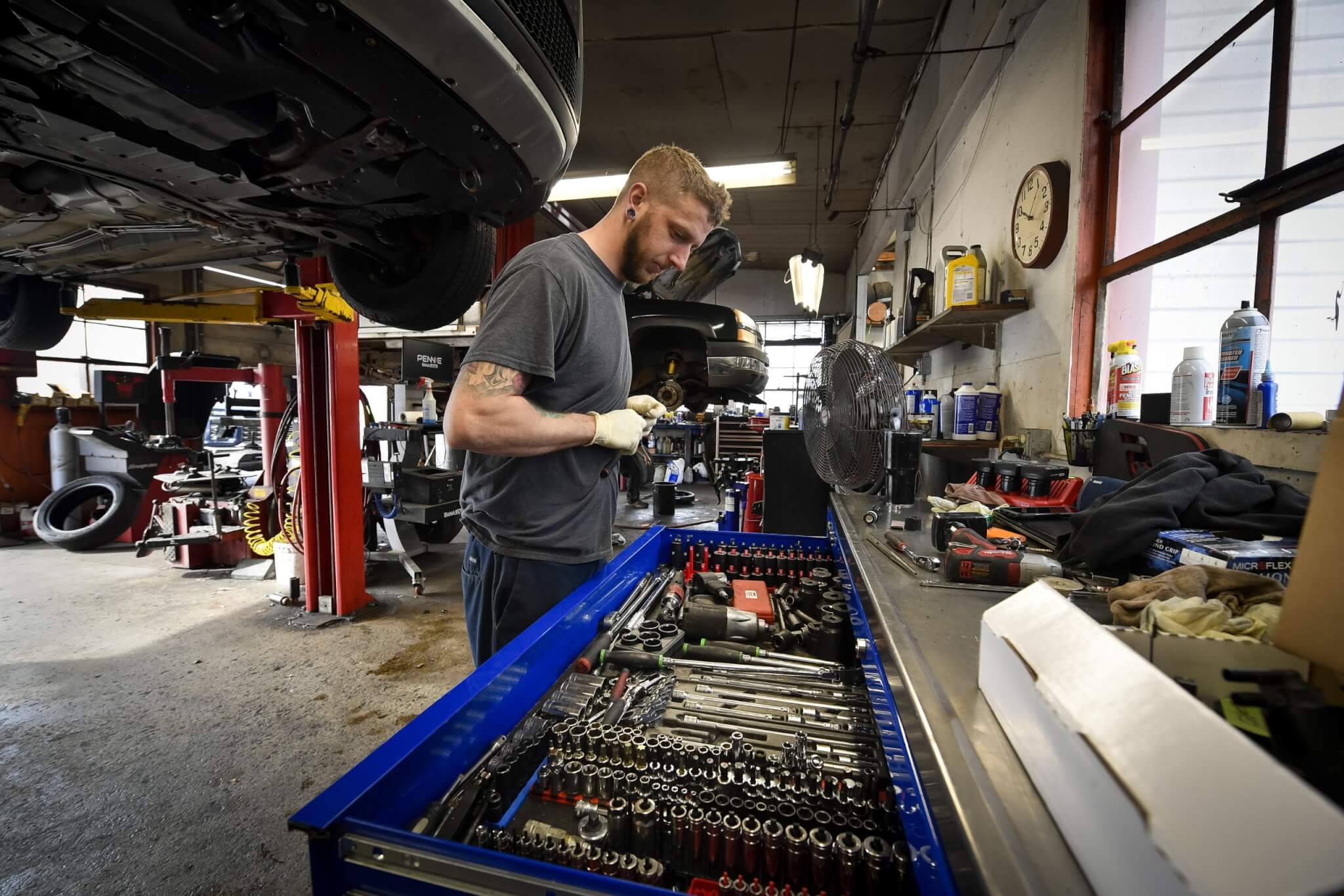All Categories
Featured

[/image]
Regular engine tune-ups are necessary for preserving your automobile's performance, improving gas effectiveness, and extending its life expectancy. Whether you're an experienced vehicle owner or a novice, recognizing the crucial elements of an engine tune-up can aid you maintain your automobile running smoothly for many years. Here are some crucial tips to guide you through the procedure.
- Modification the Flicker Plugs. Trigger plugs are tiny but mighty parts that play an essential function in firing up the fuel-air mix in your engine. Over time, they can break or come to be fouled, resulting in inadequate engine performance, reduced fuel performance, and tough starts.
During a tune-up, examine your ignition system for wear and change them as needed. For most automobiles, ignition system must be replaced every 30,000 to 100,000 miles, depending on the kind and product. Fresh ignition system ensure reliable combustion and smoother engine operation.
- Examine and Replace the Air Filter. The air filter is your engine's first line of defense versus dirt, debris, and other contaminants. A clogged up or dirty air filter can limit air movement, creating your engine to work harder and eat more fuel.
Inspect your air filter throughout a tune-up and replace it if it's dirty or past its recommended service interval. A clean air filter improves engine effectiveness and enhances gas economy.
- Examine the Gas System. With time, your gas system can collect dust and carbon down payments, minimizing engine performance and fuel effectiveness. Cleaning up the gas injectors and fuel lines during a tune-up assists maintain proper gas distribution and combustion.
You can utilize a gas system cleaner or have a professional mechanic perform an extra extensive cleansing. This action is specifically advantageous for older lorries or vehicles often driven in stop-and-go website traffic.
- Examine the Belts and Hoses. Belts and hoses are essential for numerous engine functions, such as running the generator, water pump, and cooling. During a tune-up, check for splits, fraying, or indications of wear on these components.
Change any damaged belts and pipes to avoid potential breakdowns. A damaged belt or dripping hose pipe can lead to engine getting too hot or loss of power, so dealing with these problems promptly is important.
- Change the Engine Oil and Oil Filter. Engine oil is important for oiling moving parts, lowering rubbing, and managing engine temperature level. Gradually, oil becomes infected and loses its effectiveness.
As part of a tune-up, replace the engine oil and oil filter. Use the sort of oil recommended by your automobile's manufacturer and adhere to the recommended modification periods. Clean oil keeps your engine running efficiently and prevents early wear.
- Evaluate the Battery and Billing System. A healthy battery is crucial for beginning your vehicle and powering its electrical systems. Throughout a tune-up, check the battery's voltage and evaluate the terminals for corrosion. Tidy the terminals if needed and ensure a protected connection.
Additionally, examination the alternator and charging system to ensure your battery continues to be charged throughout procedure. If your battery is weak or old, take into consideration replacing it to prevent unanticipated break downs.
- Flush and Replenish the Coolant. The air conditioning system regulates your engine's temperature, avoiding it from overheating. Old or contaminated coolant can lose its efficiency, bring about possible engine damage.
During a tune-up, purge the old coolant and change it with a fresh mixture. Additionally, evaluate the radiator, thermostat, and pipes for leaks or damages. Keeping the cooling system in great problem guarantees your engine operates at the appropriate temperature level.

- Address Caution Lights and Unusual Symptoms. Modern automobiles are furnished with diagnostic systems that notify you to potential problems via dashboard caution lights. If your check engine light or any type of various other warning indicators are on, address them during your tune-up.
Additionally, take notice of uncommon symptoms such as unusual noises, rough idling, or decreased gas efficiency. An expert auto mechanic can diagnose and settle these troubles during the tune-up procedure.
- Do Not Fail To Remember the Exhaust System. Your automobile's exhaust system eliminates damaging gases from the engine and makes certain proper emissions. Inspect the exhaust system for leaks, corrosion, or damages during a tune-up. A faulty exhaust system can influence engine efficiency and bring about environmental and safety and security problems.
- Usage High-Quality Parts and Fluids. When changing components or rounding off liquids during a tune-up, always select high-grade products that meet your automobile's requirements. Utilizing poor parts or incorrect fluids can negatively impact your engine's efficiency and long life.
Conclusion: Regular Tune-Ups Are Key to Engine Health. Taking the time to tune up your engine ensures it runs successfully, saves fuel, and lowers the threat of breakdowns. Whether you carry out these jobs on your own or depend on a relied on technician, normal tune-ups are an investment in your vehicle's reliability and longevity. Follow these ideas, and you'll take pleasure in a smoother, more trustworthy adventure for several years ahead.
Latest Posts
Protect Your Home with Quality Residential Roof
Explore the Greatest Auto Repair Coupons in Montclare, Chicago
Experience Your Financial Partner at WyHy – Key Advantages for Your Money Goals